Opinion: Bears and us
I’ve been amused, in past years, by signs posted here and there in Rossland that announce “WARNING: BEAR IN AREA.” I’ve suggested that the City should just post warning signs at the entrances to Rossland, announcing, “Rossland is bear country. Please do not freak out if you see a bear. Do not approach the bear. Remain calm and respectful and keep your distance.”
I think we’re lucky to live in bear country – also cougar and coyote and deer; moose, raccoon, raven, owl and hummingbird, butterfly and bee and wasp country. Among many others. All of these creatures lived here before we did, and we’ve displaced many of them and made their lives more difficult in other ways.
Bear used to be able to feed on salmon runs in the fall, and other creatures also took advantage of that bounty – including the trees, nourished by the bits the bears didn’t finish, and the wolves and ravens didn’t scavenge. Then we built highways and made their trips to the river hazardous, or deadly; then we built dams that stopped the salmon. Bears now rely more heavily on the huckleberry crop . . . but commercial pickers of wild berries, and even domestic pickers, have diminished that source of nourishment for them, too.
Coyotes have adapted well – they probably think it’s nice of us to stock domestic cats to add to their diets. The cats have killed off a lot of songbirds and hummingbirds, as well as a certain number of voles, mice, garter snakes, lizards, and grasshoppers. Raccoons are so cute that some people can’t resist giving them treats.
Our lives would be impoverished without the wildlife. But we do need to be careful how we interact with them. A friend posted on Facebook a picture of “the rare hummingbear” – a black bear balanced on a patio railing, licking syrup from a hummingbird feeder.
People are cautioned to avoid having “attractants” in the city: bird feeders full of seeds, garbage accessible to bears, food stored in places where bears can detect the food with their incredibly sensitive sense of smell – don’t ever think your back porch is a good place to keep bags of dog food — or fruit trees laden with ripe apples or plums. Even compost piles can attract attention from a bear.
Bears are often seen in Rossland. Some people think that any bear who ventures into the city should be shot on sight; some think they should all be scared away with hostile and frightening noises; others maintain that scaring a bear in the city is irresponsible, because a spooked bear running in fear is far more dangerous than a calm bear just moseying along minding its own business and being treated with cautious respect by whoever sees it.
WildSafeBC wants communities to become “BearSmart” to minimize the potential for tragic outcomes from startling encounters with bears. A news release states,
“To minimize attractants and human-wildlife contact—and therefore human-wildlife conflicts—the Trust has been partnering with the British Columbia Conservation Foundation since 2009.
“The Foundation’s WildSafeBC program “is designed to reduce human and wildlife conflict through collaboration, education and community solutions,” says Jen Bellhouse, the Foundation’s Regional Manager. This means that people in the region get the tools and knowledge they need to keep themselves safe and ensure wildlife stays wild.
“Last year saw many successes. For the second year in a row, Basin communities had fewer human-bear conflicts. In 2016, people reported 2,300 black bear incidents. In 2018, this was down to 1,032. Significantly fewer bears had to be relocated or destroyed.
“WildSafeBC helped influence these numbers through its community coordinators. Up to 12 coordinators around the Basin provided workshops, knocked on doors, tagged wildlife-tempting garbage cans, set up booths at farmers’ markets, provided support with electric fencing, and more. In 2018 alone, these coordinators spoke directly to over 31,000 people in the Basin—and many others through social media—and supported residents in nearly 100 Basin communities.”
To help your community become (more) BearSmart, remember all the well-known admonitions about keeping anything even remotely food-like where bears cannot break in to get at it. Even a basement isn’t safe, if the basement door is flimsy – or the walls aren’t very strong!
Smelly garbage? If you have space in a freezer, put the stuff in a container in your freezer after scrunching it down as compactly as possible , and store it there until garbage morning.
Compost? Remember not to compost meat or bones or other delicious-smelling animal products. Sprinkle lime over the compost frequently, or wood ash.
Vegetable gardens? Fence them with a strong fence, or better yet, an electric fence. Make it high enough to discourage passing deer who aren’t too determined, too, unless you don’t mind have your vegetables mowed by the deer. Or the odd moose, for that matter.
Fruit trees? Unfortunately, it’s often necessary to pick the fruit before it’s ripe. I recall seeing a bear walk up to my neighbour’s apple tree, delicately pick a single apple from the tree between its front paws, sit down, sniff the apple, then carefully place the apple on the ground, get up and walk off. The apple wasn’t ripe enough yet.
Barbeques? Clean them thoroughly, very soon after each use. Don’t leave them sitting there over night with delicious charred meat juice on them.
Vehicles? Take your candy bars and their empty wrappers, and empty pop cans, out of your vehicle. Bears have been known to break in for such things. Pick-up trucks? The bed of the truck is not a safe place to drop a bag of garbage. Bear are very athletic when they want to be. And strong.
I admit my pro-bear bias, and would really like us to be able to live peacefully with the bears who come into our community. I’ve heard an opinion that mother black bears bring their cubs into town partly to protect them from the large males, or the grizzlies, who would seek to kill the cubs. If that’s true of some of those mother bears, that makes our community a sort of cub-care centre.


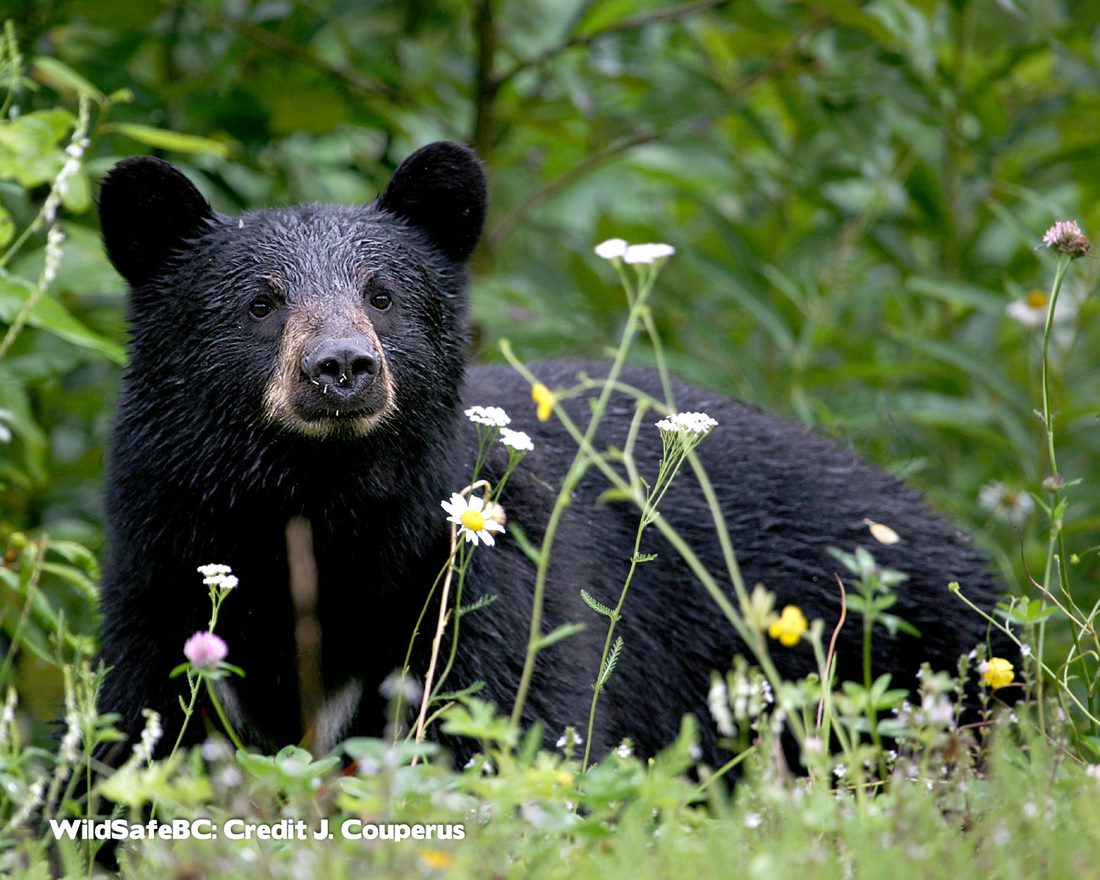

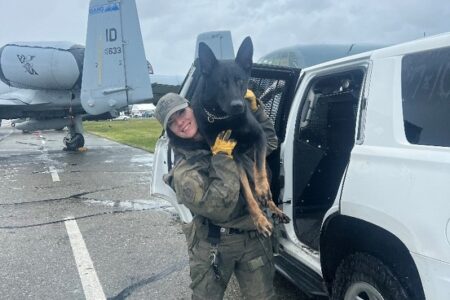
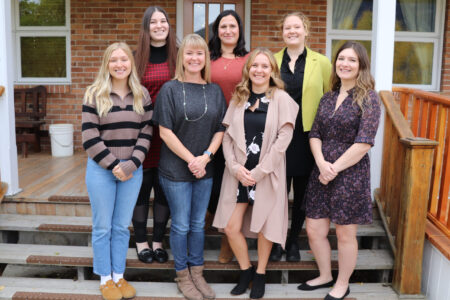

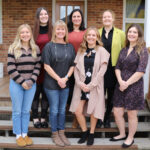













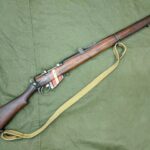



Comments